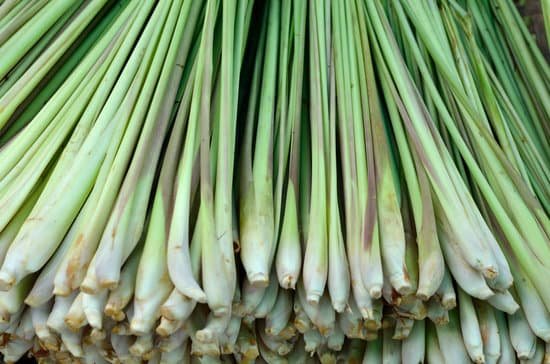
LEMON BALM
Lemon balm, balm, common balm, or balm mint, is a perennial herbaceous plant in the mint family Lamiaceae and native to south-central Europe, the Mediterranean Basin, Iran, and Central Asia, but now naturalized in the Americas and elsewhere.
Lemon Balm (Melissa officinalis) is a herb in the mint family. … Today, lemon balm is used in traditional medicine as both a sleep aid and digestive tonic. It can be consumed as a tea, taken as a supplement or extract, or applied to the skin in balms and lotion.
Lemon Balm Benefits
- Lowers triglycerides–When used aromatically (that means you breathe it in) Melissa essential oil (which is lemon balm) has been shown to lower triglycerides which could impact a variety of other health conditions.
- Treats heart palpitations–Use caution if you plan to try lemon balm for any kind of heart rhythm issue, but studies have shown that lemon balm can help reduce episodes of palpitations in some people.
- Natural antibacterial–With its ability to fight a spectrum of bacteria inside the body, lemon balm has shown particular effectiveness against candida–a type of yeast that can cause brain fog, digestive issues, exhaustion and more.
- Treats diabetes–Primarily for type 2 diabetes, studies have shown that lemon balm extract or oil is beneficial in the reduction of blood sugar levels. It is not a replacement for insulin.
- Calms anxiety–Despite some studies from outside sources who conflict this statement, many people say that lemon balm benefits their battle with anxiety.
- Treats insomnia–Lemon balm is said to help calm and offers a mild sedating effect that promotes sleep.
- Improves cognitive function and focus–A study of young adults who took lemon balm internally found an improvement in mood and the ability to focus.
- Helps manage ADHD in children–Perhaps thanks to its calming effect, lemon balm reduces hyperactivity and impulsiveness and improves focus for some school children.
- Fights the herpes virus–Even though there’s no way to ever get the herpes virus out of your body, you can focus on preventing outbreaks and that means keeping the virus under control. For cold sore sufferers, lemon balm reduced outbreaks, duration and pain/itching. Plus there’s no viral resistance to the herb over time so it can be used repeatedly.
- Fights cancer–Lemon balm has been shown to cause cancer cell death in the deadly brain cancer called glioblastoma multiforme. It has also shown a positive effect on certain types of breast, liver, and some types of leukemia.
Just because you can grow it, certainly doesn’t mean lemon balm benefits everyone. You should avoid lemon balm if you have a hypothyroid because it can negatively effect your thyroid medications.
Some people have had allergic reactions to lemon balm ranging from anaphylactic responses and rashes. Use caution if lemon balm is new to you.






